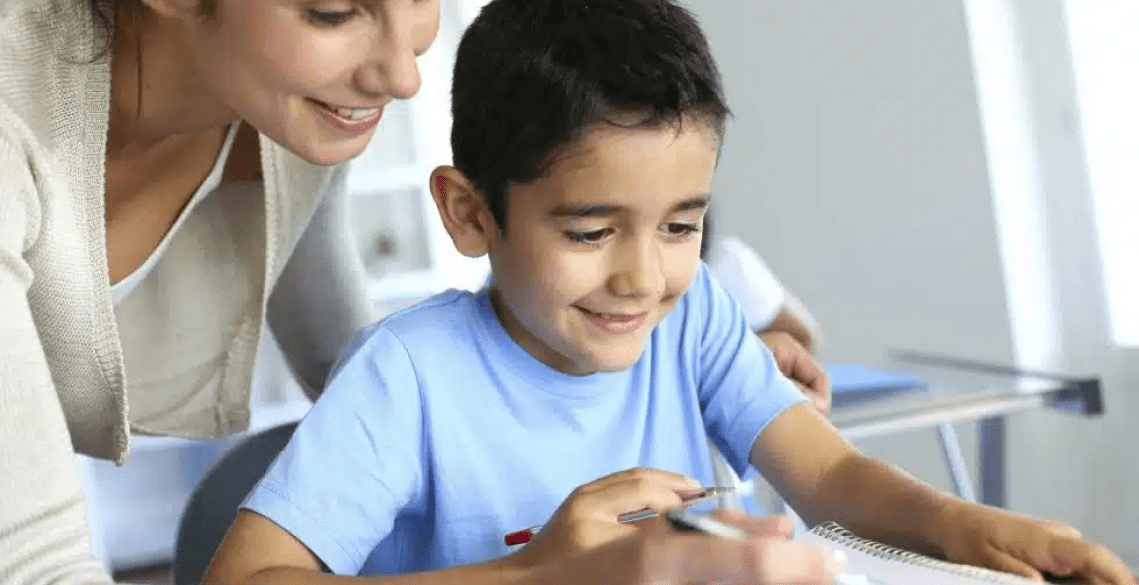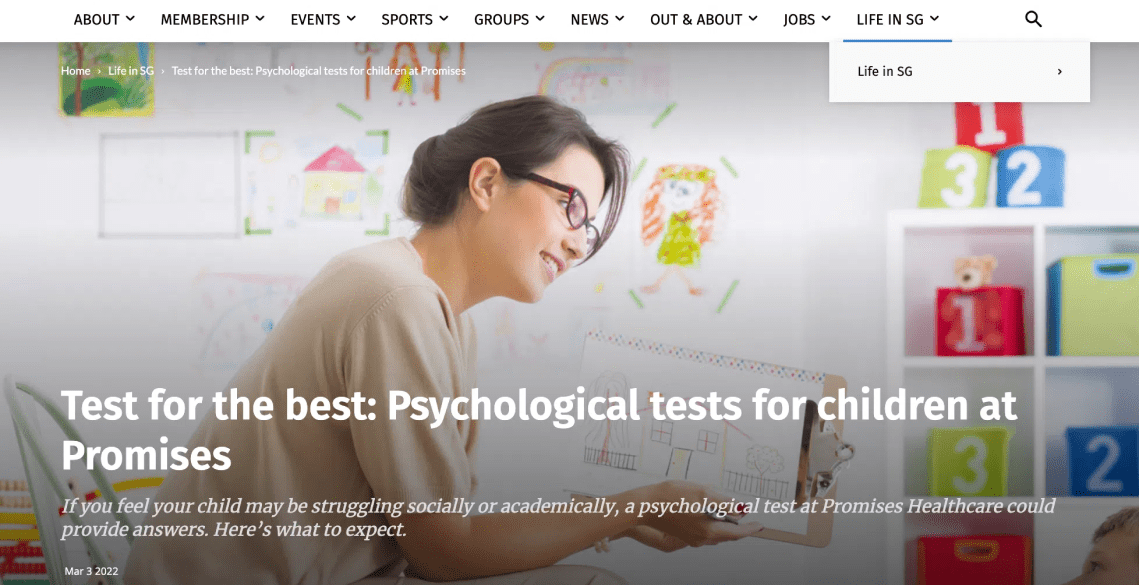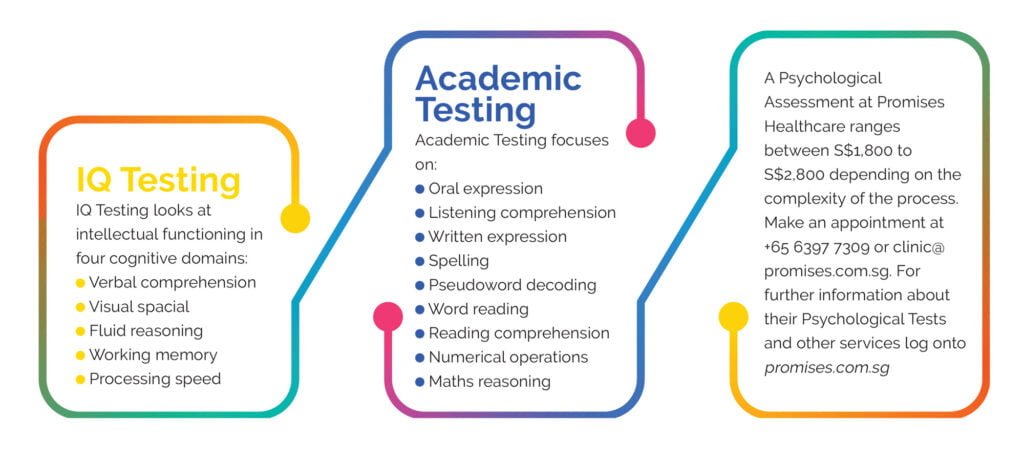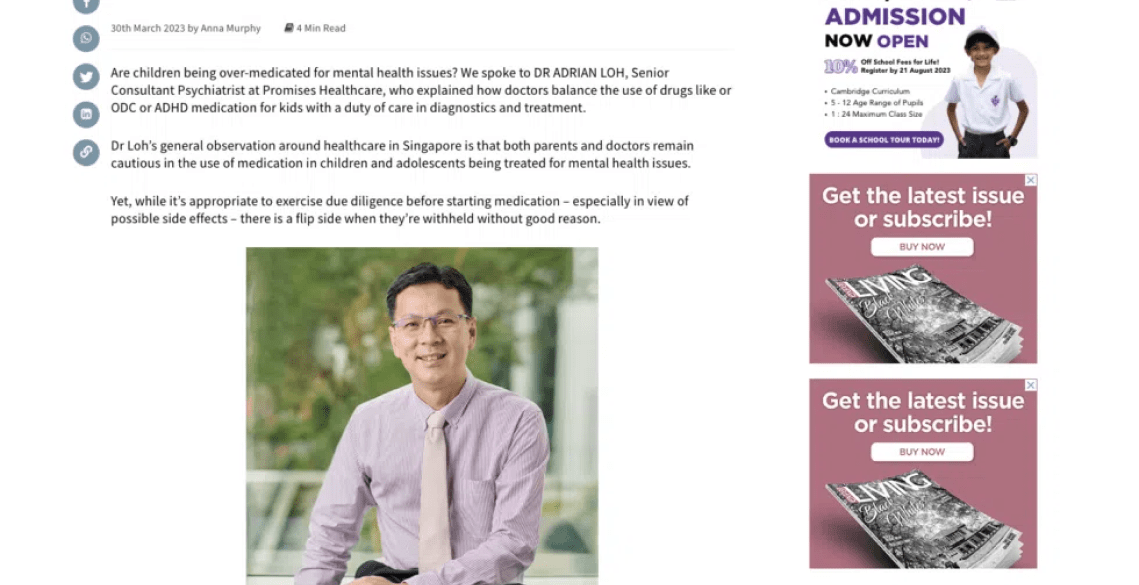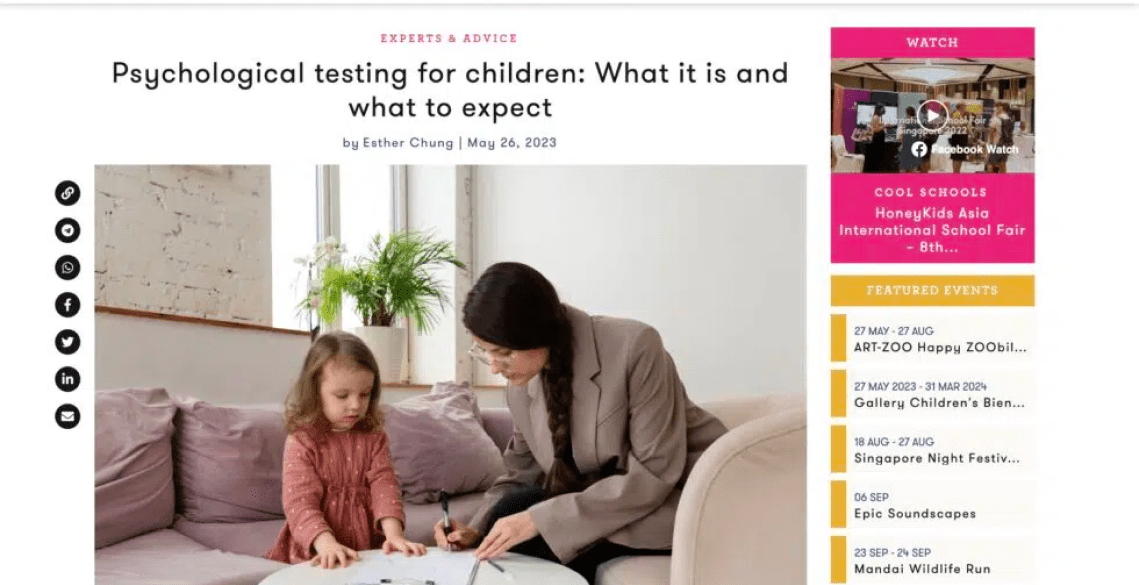If you’re a parent who believes in taking a proactive approach to your child’s education, then you’ve probably realised by now that comparing your young one to the school’s resident whiz kid(s) is ill-advised. There is truth then, in this kernel of wisdom: “Every child is a unique gift from God”.
Understanding how your child takes in information, assimilates it, learns, is perhaps the first step to making their education a better experience for them. When parents start getting a grasp of what their child’s preferred way of learning is, they can start taking steps to work with that style of learning, instead of foisting the next flavour of the month upon their child. Individual learning styles don’t necessarily dovetail with the school’s pedagogy – but that’s OK. This just means that you’re blessed with more opportunities to help your child grow up with the values and convictions you hold dear.
Conventional wisdom tells us that people generally fall into one of three categories – visual, auditory, or kinesthetic learning. But before you pigeonhole your child into one of those convenient boxes, it is worth noting that while a child may have a dominant learning style, a combination of all the styles is required to learn about the wonderful, wider world that they’re growing up in. Once you have figured out their style, you can then begin to take steps to ensure that they have ample opportunities in the classroom and at home to take advantage of that particular style.
However, there are some children who constantly struggle when they are subject to the traditional classroom setting. Despite your efforts to supervise and coach them, they might continue to face persistent difficulties with reading and writing skills, as well as attention and behavioural regulation in terms of their academic performance.
A child with learning difficulties is affected in different ways, with the impact ranging from mild to moderate or even severe, with symptoms surfacing when the time comes for them to learn literacy and numeracy skills in the classroom. Children with learning difficulties are at risk of developing low self-esteem, which in particular is a consequence of the condition going undiagnosed and/or untreated. Imagine a dewy-eyed child who, with all the innocence of youth, proudly strives and strains to do well at school – yet never reaping a jot of acknowledgement. Imagine (or remember) what it feels like to have the purity of childlike endeavour constantly rebuffed by the shame of underperformance. To have effort always met with negativity is tough for even the most motivated child, which may lead to the development of a poor self-concept that ends up causing further social-emotional issues in future.
All children, learning difficulties or not, need love and support for them to cultivate a strong sense of self-worth, build confidence and develop resilience. In seeking ways to help your child who has a learning difficulty, bear in mind that your role as a parent is not to “cure” the difficulty, but to arm your child with the social and emotional tools they will need to work through challenges and develop strategies for compensating with their difficulties. In the long run, your child will emerge stronger and more resilient.
Even though everyone’s been a kid before, I know that the new and bewildering responsibilities of parenthood can sometimes make us forget what we, as children, wanted to have for ourselves. I’ve outlined some tips which can be invaluable to our efforts to support a child with a learning difficulty.
- Knowledge is power – learn everything you possibly can about your child’s learning difficulties and needs.
Doing your own research and keeping abreast of the new developments in evidence-based learning and behavioural interventions not only helps your child, it helps to foster a sense of solidarity with your child. The more you know about your child’s needs, the better you are equipped to help your child. Start with your child’s teachers and consult with professionals (e.g. educational psychologists, school psychologists, or child clinical psychologists) who are best positioned to work together with you and your child in this journey. Collaborating with your child’s school teachers and fostering a good relationship with them helps in the overall understanding of your child’s needs – this facilitates consistency between home and school, which is particularly essential for children with challenging behaviour.
- Be an advocate for your child by raising awareness.
While society has made great strides towards the goal of inclusivity, awareness of special education needs and learning disabilities is still limited (but growing). Embrace your role as a proactive parent, taking responsibility not only for your child’s welfare but also contributing to the child who does not have a dedicated guardian in their life. Yes, your journey will be fraught with challenges and frustrations, but always remember to remain calm and to persevere. We often don’t realise just how much children internalise behaviour and views that they perceive in their parents. As a parent, you are entrusted with the very delicate task of moulding a young mind. Your healthy optimism, perseverance, and sense of humour doesn’t just benefit you – it positively influences your child to be a self-advocate, which is a very important goal for a parent in these circumstances.
Some parents choose to hide their children’s learning difficulties in secrecy, for fear of stigma or unjust treatment by others. They might honestly feel that they’re serving the best interests of their child. On the contrary – it is this very lack of understanding and awareness from family and friends that causes the misattribution of a child’s developmental needs to ‘laziness’ or ‘poor parenting’ or ‘mischief’. By shining a light on the condition, you help others develop empathy and come to be more supportive of your child. Within the family, siblings might feel that there is more attention and preferential treatment towards the brother/sister with learning difficulties, despite being aware of their condition. Hence, it is also important for parents to reassure all their children equally that they are loved, to provide support to their work, and to include them all in routines for the child with learning difficulties.
- Focus on your child’s strengths, not just weaknesses.
No one is defined by disability or need. And no one is perfect either. As you embrace your child’s flaws, celebrate their strengths in the same breath. As with all other human beings, a child with learning difficulties too will come into their own personality, interests, strengths and weaknesses. Focus on the gifts and talents which your child is blessed with, and help them to nurture their areas of strengths such as in activities they excel in.
- Praise effort rather than outcome.
Children with learning difficulties may not always excel academically, and if they do, they likely have put in a lot more effort than their peers to have achieved a similar good grade. Acknowledge the effort made, which deserves recognition – no matter if the child has gotten the answer right or wrong. Your child is demonstrating courage when they try out new approaches to assignments and study strategies, and if you want them to learn from mistakes and be receptive to feedback, credit and praise must be given where due. It will take time for new practices and interventions to work and for new skills to be acquired, so bear in mind to focus on the long term goals, and to break larger tasks down into smaller, more manageable milestones which can be spaced out over time.
Everyone’s definition of success is different, but the aspirations you have for your child probably extend well beyond the fulfilment of good grades. Working with parents, it has been my experience that most, if not all, express the desire for their child to lead an independent life, in which they are capable of providing for themselves, and above all else, to be happy. This being the case, then success in life definitely isn’t based on just academic success, but rather on things like having a sense of self-worth, the willingness to ask for and accept help, the ability to bounce back in the face of adversity and the emotional depth to form healthy relationships – values and qualities that are not quantifiable like the metric of exam grades.
- Keep your child motivated.
As school is most likely a source of frustration for your child who puts in much more effort than in proportion to the reward of good performance, it is important to find something in school that brings your child enjoyment, that they are motivated to pursue without much prompting. Sometimes, to taste the fruit of serendipity, one must eschew his comfort zone. This may involve having your child participate in a CCA of their choice, attend camps or other school-related activities, and encouraging your child to have good relationships with peers and teachers. It can be difficult to motivate your child to learn, and to invest time in subjects which already make them feel inferior and bad at. You will probably meet less resistance if you start from your child’s level of ability, carefully choosing lesson topics that already are of interest to them. Give them some measure of autonomy to choose how they study or complete homework – building in breaks and breaking down challenging tasks into smaller chunks gives them ownership in the crafting of their own timetable, helping to keep them motivated to follow through with their plan.
Finding a role model who has flourished in spite of their learning difficulties can show your child that success is attainable, and that it is their own choice not to allow their current difficulties to define them. Celebrity, athlete, friend, neighbour or pastor, the only requirement to those role model shoes is that your child feels comfortable talking to them.
- Encourage healthy lifestyle habits.
Stress may manifest differently in children than in adults. While some signs may be more overt, such as trouble sleeping, agitation, acting out, or meltdowns, others may retreat inwards – shutting down, spacing out, withdrawing and isolating. Even as adults ourselves, we may lack the prescience to recognise that our internal systems are under stress, let alone children who have not yet matured into such skills. Hence, it is your responsibility to be vigilant of signs of stress in your precious one.
Your child’s eating, sleeping and exercise habits are also vital to their overall learning ability. With a healthy routine which incorporates a balanced diet, quality sleep and sufficient physical activity, children will be better able to focus and concentrate.
Other than the physical, paying attention to your child’s emotional needs is also important. When they are faced with the frustrating challenges presented by their learning difficulties, allow them to express their feelings in a safe space. Validate them by acknowledging that the cause of their gripe is an issue, but be careful not to coddle them into poor self-restraint. Be ready to listen when they are ready to talk, and be a grounding, reassuring presence which helps their mind integrate with their body, and re-orient into a sense of calm.
Above all, remember to take care of yourself! The uniquely sacrificial dint of parenthood sometimes diverts needed attention from our own needs. If you are to project an empathetic sense of warmth, you will first need to cultivate self-compassion, and allow yourself the space to tend to your own needs. The quality of support you are able to provide to your child is dramatically affected by your own levels of stress and exhaustion. Parenting is a full time job, but don’t let yourself burn out emotionally.
In order to do this, you need to be mindful of your own limitations. You are the best gauge of when to rouse the oarsmen to right your ship. If you have a supportive spouse, or friend, or family member, take heart. Lastly, there is great benefit in the solidarity of support groups, which serve as useful support and also reminders that you are not alone in your unfolding journey!
